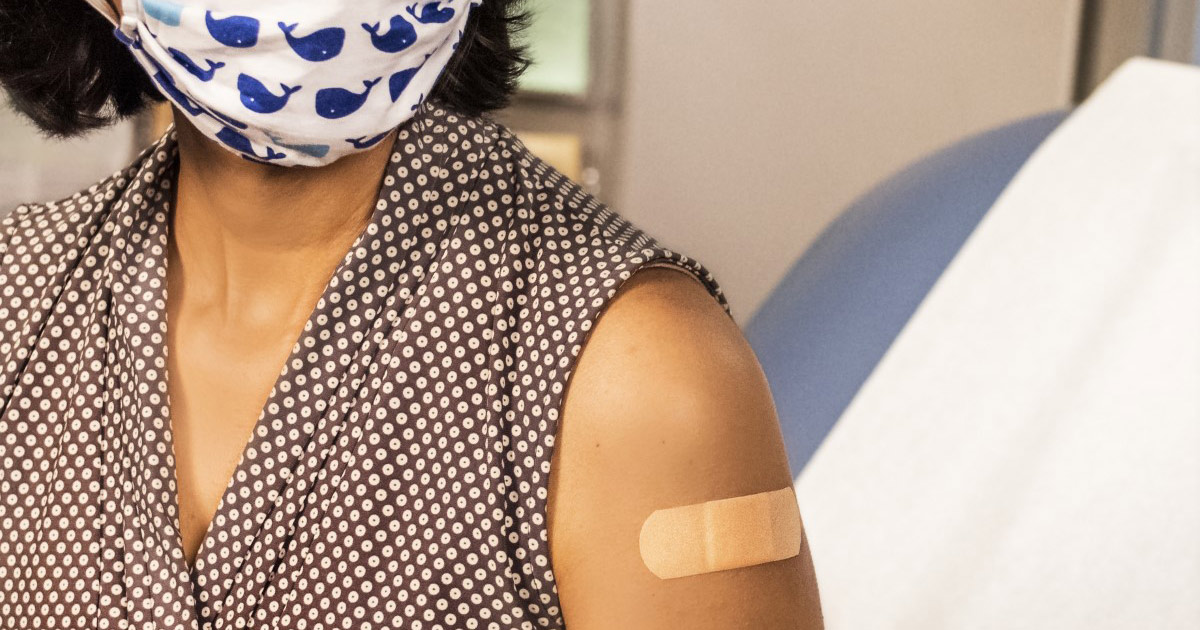Beating the Buzz: Fighting Dengue this Season
-
Health crises come and go, but an unfortunate mainstay in our equatorial climate is dengue fever.
-
With cases expected to rise rapidly in the next two years, we have to take action now – such a seemingly small matter can endanger the health of many.
The increase in rainfall and cool weather may be a respite from the heat and humidity, but with it comes potential health crises. At the start of this year, another issue plagued us in the form of a certain six-legged pest that may have taken up residence in our homes due to the inevitable pooling of water during the monsoon season.
As we reopened the economy and welcomed the return to normalcy in 2022 – we also recorded one of the highest increases in dengue cases, and unfortunately – dengue related deaths as well. From an already high number of 26,365 reported cases in 2021 last year, saw a huge leap to 66,102 cases – a record 150.7% increase! The death toll also increased 180% from 20 in 2021 to 56 in 2022.
Sunway Healthcare Group (SHG), with its many healthcare divisions is no stranger to the dengue season. Dr. Nurul Yaqeen Mohd Esa, consultant respiratory medicine and internal medicine specialist from Sunway Medical Centre Velocity (SMCV) shares that they do see an increase during the monsoon season on a yearly basis. This is due to the incidence of heavy rainfall – mosquitoes thrive and establish breeding grounds in humid climate as they reproduce in stagnant water.

Rainy seasons bring about fear of other health issues such as dengue fever.
Dengue cases are expected to move in an upward trend in the next few years – but that does not mean that the battle against the Aedes mosquitoes cannot be won!
Step 1: Nip them in the bud
Prevention is always better than cure, and rather than having to spray insecticide every few hours to get rid of the mosquitoes, it is advisable to prevent them from breeding at all.
“Take care of your environmental hygiene – cleanliness is important and prevent water from collecting in empty containers. You can even go one step further by using mosquito nets while sleeping if you’d like to keep them at bay,” Dr. Nurul shares.

Pour out stagnant water to rid your home of Aedes mosquitoes breeding sites.
This could be as simple as turning pails or buckets upside down when not in use, or if it needs to hold water for usage – ensure they are covered with lids to prevent mosquitoes from accessing them. Cleaning out your homes often also helps. Homeowners who may be the unfortunate victims of flooding should try to clear out their items within a week to reduce the risk of dengue.
Step 2: Identifying signs and symptoms of dengue fever
With all the best laid plans – not everyone is risk-free, and some may end up getting bitten by the virus-carrier Aedes mosquitoes. It could be a challenge to identify it as it could present as something else. Dr. Nurul shares that it is often mistaken for the common flu, as symptoms include fever and muscle aches.

Fever, body aches and eye pain are all symptoms of dengue fever, if unsure – speak to a trusted doctor to confirm your condition.
“The symptoms that patients should look out for when it comes to dengue are fever, eye pain, muscle ache, body ache, headache, nausea, vomiting, and stomach ache,” she notes.
Step 3: Treatment and care
Dengue fever is treated with an IV drip for hydrating and monitoring of vital signs. According to Dr. Nurul, there is no one-size-fits-all approach to dengue fever as different patients may face varying levels of the illness – with some haemorrhagic cases possibly resulting in death.

Dr. Nurul is no stranger to dengue fever cases – and shares that SHG has standard protocol to ensure patients receive the care they need.
“At Sunway, we have a standard management for dengue protocol that we adhere to as per guidelines set out by the Ministry of Health. We administer IV drip and also take blood samples regularly to assess the progress of the patient and determine whether or not the next step of treatment is suitable. If the patient is critical, they may even need to be admitted to the Intensive Care Unit (ICU),” Dr. Nurul says.
Something as tiny as a mosquito can cause quite significant health scares. However, mitigating this issue can be as simple as taking small steps to prevent these cases from rising – so let’s all make a conscious effort to do our part wherever we are!




































